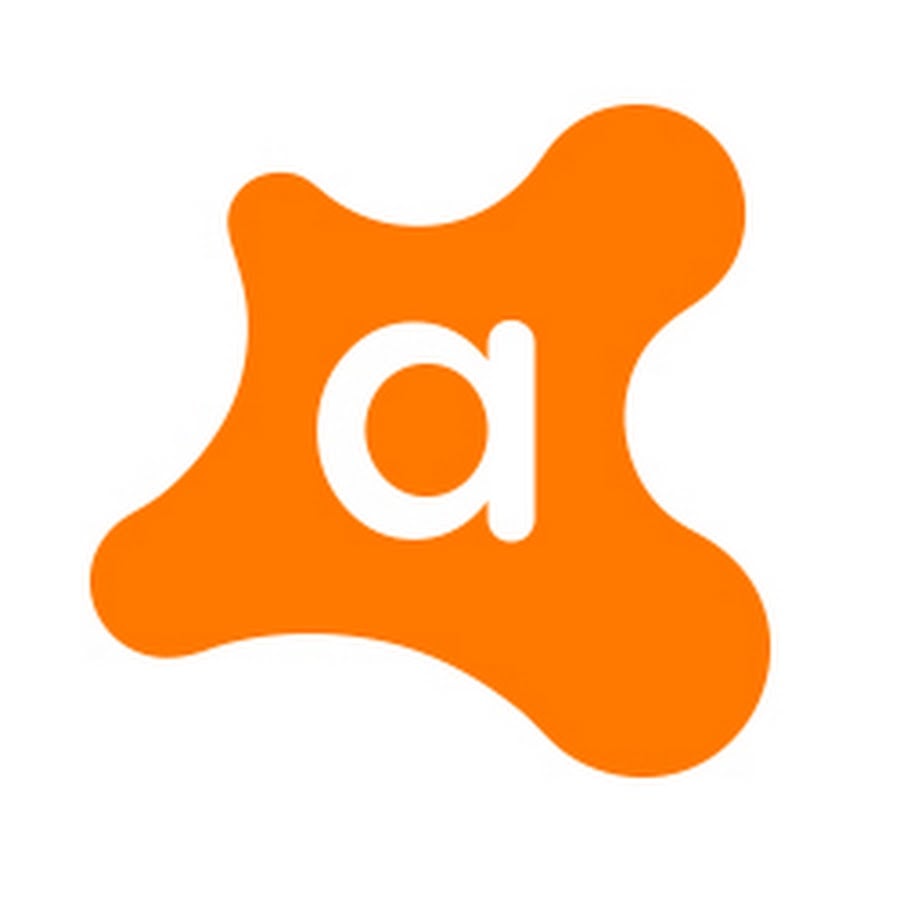We use cookies and similar technologies to recognize your repeat visits and preferences, to measure the effectiveness of campaigns, and improve our websites. For settings and more information about cookies, view our Cookie Policy. By clicking “I accept” on this banner or using our site, you consent to the use of cookies.
I Accept
This article contains:
Prague, Czech Republic, February 5, 2019: AVG Online Security has found that only 42% of parents and guardians globally talk to their children on a regular basis about their online activities. This is according to an online survey* on the level of independence children have online which AVG conducted with parents and guardians ahead of this year’s Safer Internet Day. The slogan for this year’s Safer Internet Day is “Together for a better internet” and our survey shows that despite the increasingly digital lifestyle enjoyed by many families, online safety is still not a regular household topic of conversation.
The study found that two out of five parents and guardians globally have infrequent conversations with their child regarding online activities. Of those that do not discuss online safety much, 10% stated that they simply do not want to; 4% said that they would not feel comfortable; and 3% would like to, but get shut out by their children.
“In order for the internet to be a safer place, adults and children need to be able to discuss what is appropriate online behavior and what to do if a child sees or becomes engaged with an activity that makes them uncomfortable. Having open and honest conversations are one of the best defenses against online predators, inappropriate content and cyberbullying,” said Jas Dhaliwal, Consumer Security Expert at AVG. “Until a child reaches an age where both the parents and the child feel they are mature enough to make decisions pertaining to online activities independently, such conversations are vital.”
Digital Independence
When asked how they would define digital independence, 46% of parents and guardians across the globe said: ‘When my child is fully responsible for what they post and do online as they understand the implications or consequences’. A further 26% globally said their child would be considered digitally independent after they had a conversation around the types of content suitable for sharing on appropriate platforms.
Age of Independence
When it comes to the age at which a child can be considered digitally independent, the most popular choice from all respondents is 18 years old (23%). Globally, the second choice was 19 years old, chosen by 13% of parents; almost 1 in 10 (8% of parents and guardians worldwide), however, would be at the opposite end of the spectrum and consider a 13 year old to be digitally independent. A similar percentage, 8%, of parents and guardians think children aged 12 and under can be digitally independent.
Dhaliwal continued, “Digital independence creates a huge challenge for today’s parents because as our research clearly shows, there’s simply no consensus on when a child is considered to be digitally independent. While having regular discussions about browsing safely online is very important, parents must also take into account the activities that their child is engaging in, whether they are supervised or unsupervised, and their child’s overall emotional level of development as these factors all affect how vulnerable they may be online.”
+++
Methodology
The survey was conducted online among AVG users in H2 2018, generating 9,485 respondents globally. All respondents had at least one child under the age of 18 living in their household.
About AVG
AVG Online Security provides software products that keep families and businesses safe online, around the world. AVG's award-winning consumer portfolio includes internet security, performance optimization, and privacy and identity protection for mobile devices and desktops. For more information, visit www.avg.com.
